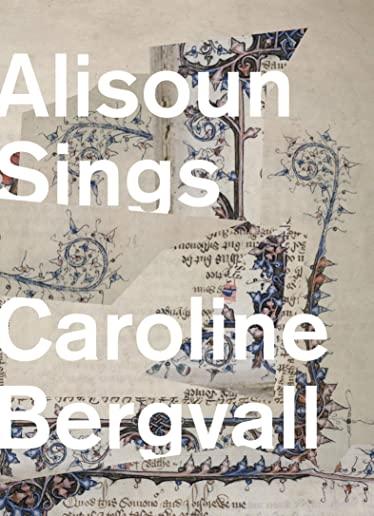
Kathmandu is the reflection of an immigrant mother raising her children in America. Memories of the poet's home, Kathmandu, creep into every moment as she attempts to find a place in her new world. Ghimire flails with grace -- her words work to make sense of the new all while trying to reckon with the past.
Through a journey of political violence from her first home to her new home, she finds enduring love and hope in the first sightings of spring and in the blossoming of her children. Kathmandu speaks of being a neighbor while still feeling out of place, speaking a foreign tongue while finding it to be a lifeline, all the while readjusting the conclusion of what home is.
Ghimire's poems reflect the incomplete circularity of returning and moving forward. To understand her children, she returns to her first years and to her mother. To comprehend maddening gun-violence in America while her children begin attending elementary school, she returns to the bombing of Rajiv Gandhi in India when she was a child and the Royal family massacre in Nepal when she was a teen. To satisfy her immigrant hunger, she returns to semolina pudding, the first comfort food she made as a ten-year-old for her little brother. To persevere through headlines fraught with political calamities, Ghimire remembers surviving, as a child, India's blockades of oil and sugar. To poetize while being lost in transit, she makes art in Walmart. In the twenty-one poems that span a decade, Anuja Ghimire writes about the complexity of never leaving home while moving "to keep things whole."
member goods
listens & views

STRADIVARI: CONTE FONTANA VIOLIN OF ...
by MOZART / BRAHMS / DVORAK / ENESCU / OISTRAKH
COMPACT DISC$17.75






